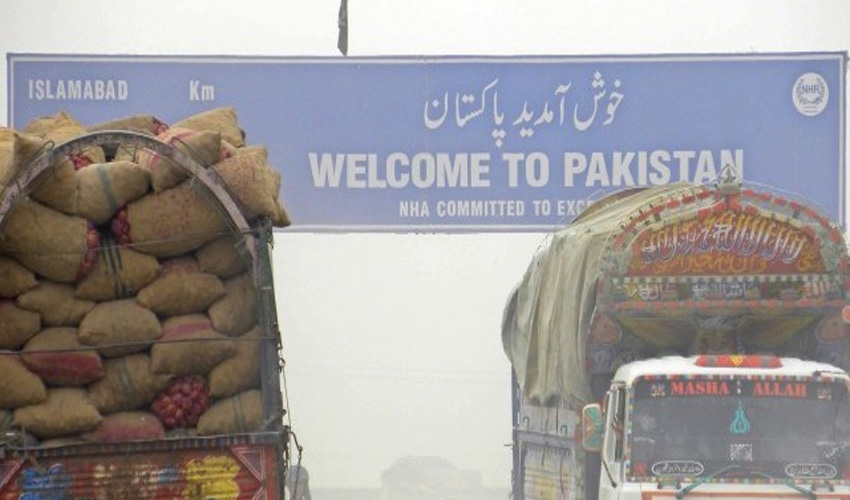Pakistan is facing one of the highest levels of illicit trade in Asia, causing significant tax revenue losses and weakening its formal economy. The Pakistan Business Council (PBC), a policy advocacy group representing the country’s largest businesses, reports that smuggling, under-invoicing, mis-declaration of imports, counterfeiting, and adulteration account for approximately $68 billion, or 20% of the formal economy.
The informal economy, which operates outside tax regulations, is nearly the same size as the formal economy. Consequently, illicit trade represents about 10% of the total economy, according to the PBC.
The council estimates that annual tax losses due to illicit trade reach Rs8 trillion, which was 85% of the tax revenue target for the fiscal year 2023-24. Beyond tax revenue loss, illicit trade stifles formal sector growth, exploits labor, ignores environmental standards, and produces unsafe and sometimes life-threatening products.
Illicit activities like smuggling and under-invoicing are fueled by the Hawala system, an informal money transfer method outside official banking channels, impacting the country's remittances, reserves, and the rupee's value.
The PBC report identifies high taxes, ineffective enforcement, poor political will, and vested interests as primary drivers of illicit trade. The combination of these factors creates an environment where illicit trade thrives, sustained by a poorly documented, cash-based economy.
To combat illicit trade, the PBC recommends building strong political consensus to address economic informality by restricting foreign currency flow that supports smuggling and under-invoicing and limiting cash use for transaction transparency. They suggest broadening the tax base to include all points of sale for illicit goods, reducing evasion incentives through lower taxes and levies, and increasing the cost of evasion with stricter enforcement.
The PBC calls for a comprehensive system-wide change, requiring strong political will and a "whole-of-government" approach to tackle illicit trade. "This will take time, patience, and determined implementation to yield results," the report concludes.



























